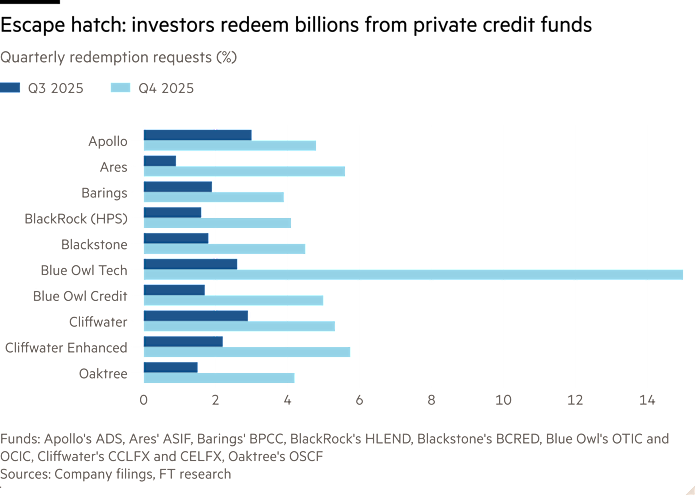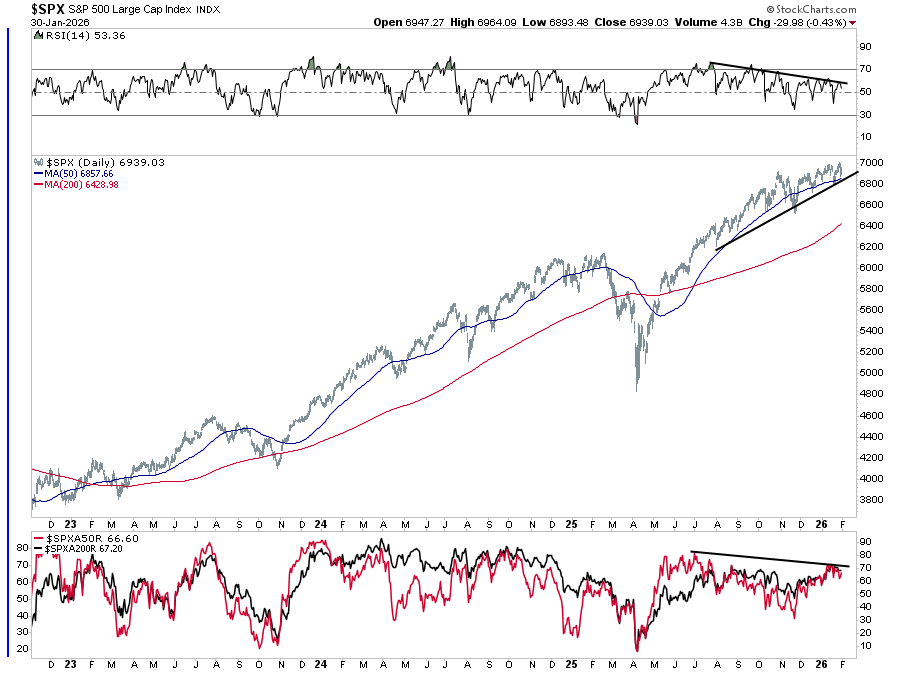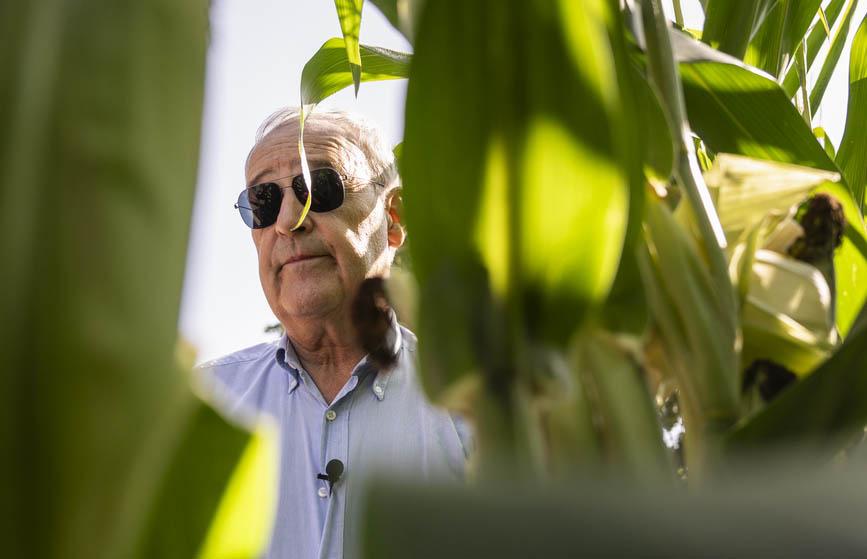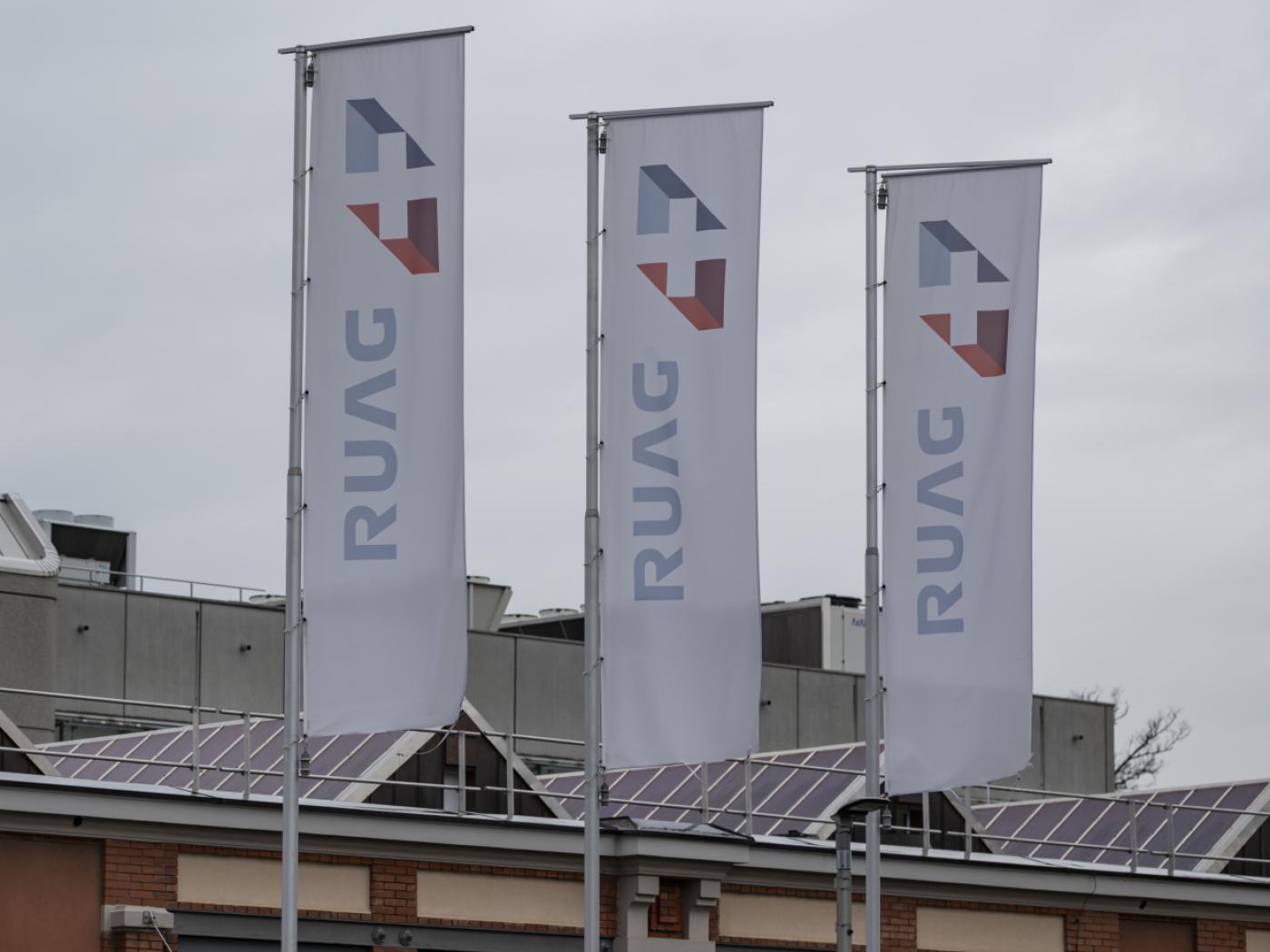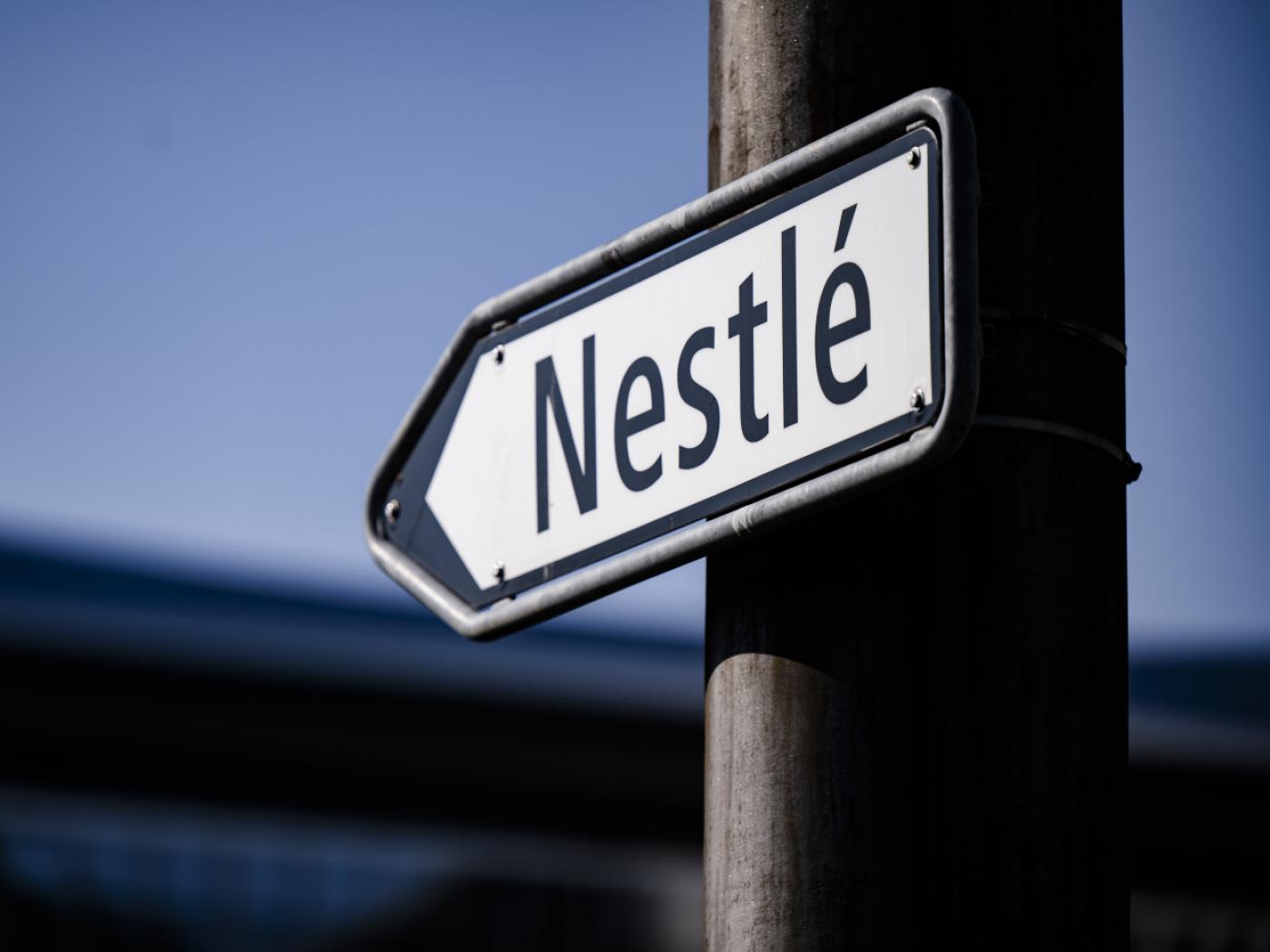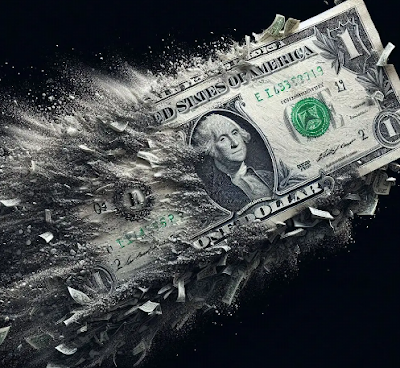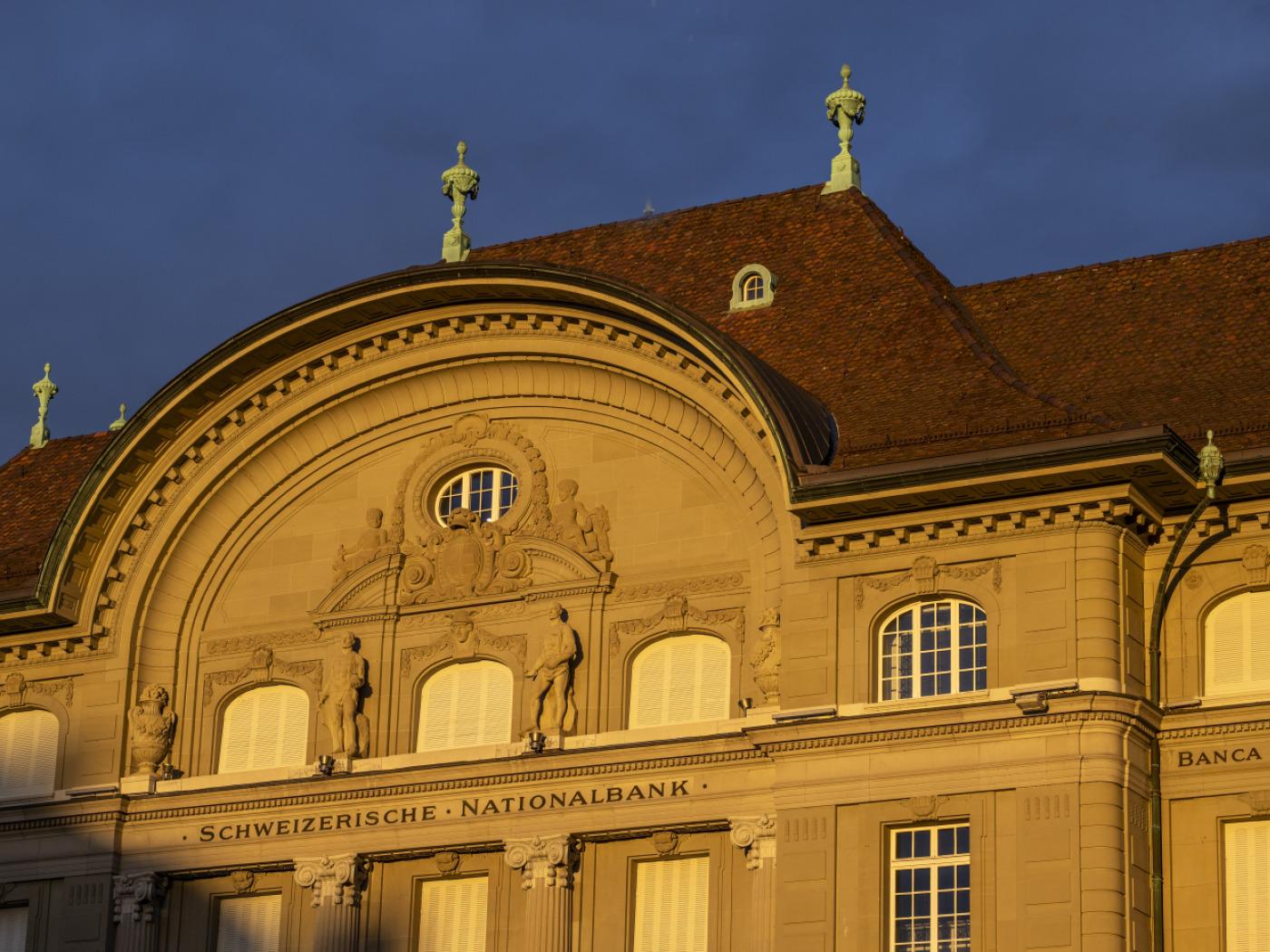Swiss ski resorts are gearing up for their biggest winter season since the Covid-19 pandemic. But soaring power prices in the wake of the Ukraine war have resort managers scrambling to find ways to save energy.
The first ski slopes opened in the Swiss Alps in early November thanks to fresh snow in high-mountain regions.
After two winters of Covid restrictions, tourism officials have expressed guarded optimism about this season. The number of hotel stays should rise by 1% compared to the pre-pandemic level thanks to the return of foreign visitors (+18% expected compared to last year), Switzerland Tourism said in late November.
Three-quarters of businesses in the Swiss Alps therefore expect to reach pre-crisis turnover levels, a recent survey by Hotelleriesuisse, the hotel industry association, revealed.
Despite this renewed optimism, spiralling energy prices have replaced Covid as the dark cloud on the horizon.
“The main challenge is energy prices, which represent a huge headache for all service providers who already operate with very small margins,” explained Switzerland Tourism spokesperson Véronique Kanel.
Hotel owners’ dilemmas
The vast majority (70%) of Alpine hotels are major consumers of electricity, gas and oil. Energy accounted for 3% of hotel owners’ costs in 2021 – this year it’s 5%. As a result, around half of those who took part in the poll say they face serious financial difficulties.
It’s a big dilemma for many owners, said Kanel: “They have to either reduce their energy consumption or increase prices.”
The survey revealed that three-quarters of hotels had put up winter prices by 5%. But one in ten hotels planned to increase them by over 10%. The main reason cited is the higher energy prices, but additional staff costs are also a factor. There is currently an acute shortage of skilled hotel workers and competition for employees is resulting in higher wages. Food has also become more expensive for hotels.
Owners have also been exploring ways to save energy, such as installing energy-efficient lighting and turning down radiators.
Lift companies also strained
“The season got off to a good start in terms of early sales of ski passes and attendance at ski resorts that are already open,” said Berno Stoffel, director of the Swiss Cable Car Association.
But rising energy prices, which represented 7-9% of turnover last year, are giving lift managers grey hairs.
The answer, says the association, is a raft of voluntary savings measures, which could reduce energy use by around 5%. Slowing ski lifts, slashing operating hours and lowering the heating in lifts and buildings were cited as the most effective ideas, some of which are already being implemented in resorts like Verbier and Saas-Fee.
The association says it expects Swiss lift pass prices to increase by 3% on average to compensate. “Few [ski resorts] expect an increase of more than 5%,” it told the Neue Zürcher Zeitung newspaper.
Snow cannons under scrutinyWith the country and businesses bracing for higher power bills, the use of snow cannons has also been in the media spotlight. Critics say they damage the environment and waste energy. The actual snow cannon costs CHF50,000 ($52,900), but added to this is the cost of the underground pipes for water and air and other infrastructure, and electricity. “One cubic metre of snow costs an estimated five to eight Swiss francs,” Björn Luginbühl, head of technology at Adelboden Mountain Railways, told the Tages-Anzeiger newspaper. The 20,000 cubic metres of snow needed to prepare Adelboden’s Chuenisbärgli ski run, for example, cost over CHF100,000. In total, Swiss ski areas – lifts, snow cannons and catering services – need an estimated 183 gigawatt hours (GWh) of electricity a year, or the equivalent consumption of 30,000-40,000 households, according to the cable car association. Stoffel downplays the impact of skiing on Switzerland’s overall energy bill. Cable cars and drag lifts only represent 0.24% of the country’s annual consumption, while snow-making facilities account for 0.1%, he insists. Peter Richner, an energy expert at the Federal Laboratories for Materials Science and Technology (EMPA), concurred. “A study showed that snowmaking in a medium-sized ski area uses about the same amount of electricity as an indoor swimming pool,” he told Swiss public radio SRF. The cable car association argues that without snow cannons there would be no slopes. They guarantee an initial snow base before Christmas and thus contribute towards the estimated CHF5 billion ($5.65 billion) a year that winter tourism generates in Switzerland. |
Contingency planning
The winter tourism sector has been under scrutiny by federal authorities as they worry how to deal with possible electricity shortages. In late November Economics Minister Guy Parmelin finally presented a step-by-step plan, which would come into effect should there be a serious lack of electricity in the country.
Ski resort managers will have breathed a collective sigh of relief to learn that they would only have to switch off snow-making systems and close ski lifts in the event of a dramatic shortage as a final, last-resort option – “to be avoided at any cost”, says the economics minister.
Full story here Are you the author? Previous post See more for Next postTags: Featured,newsletter
























